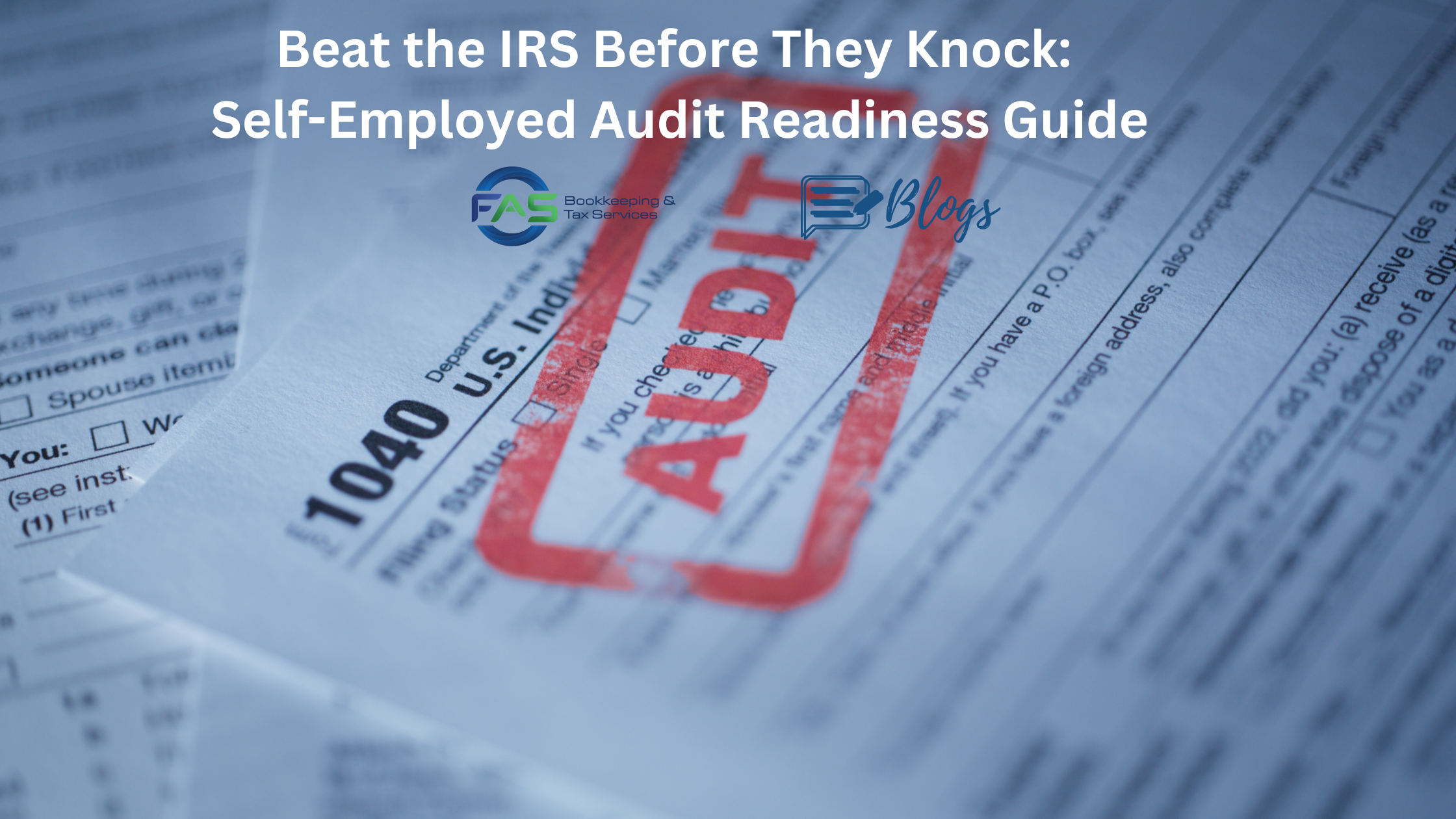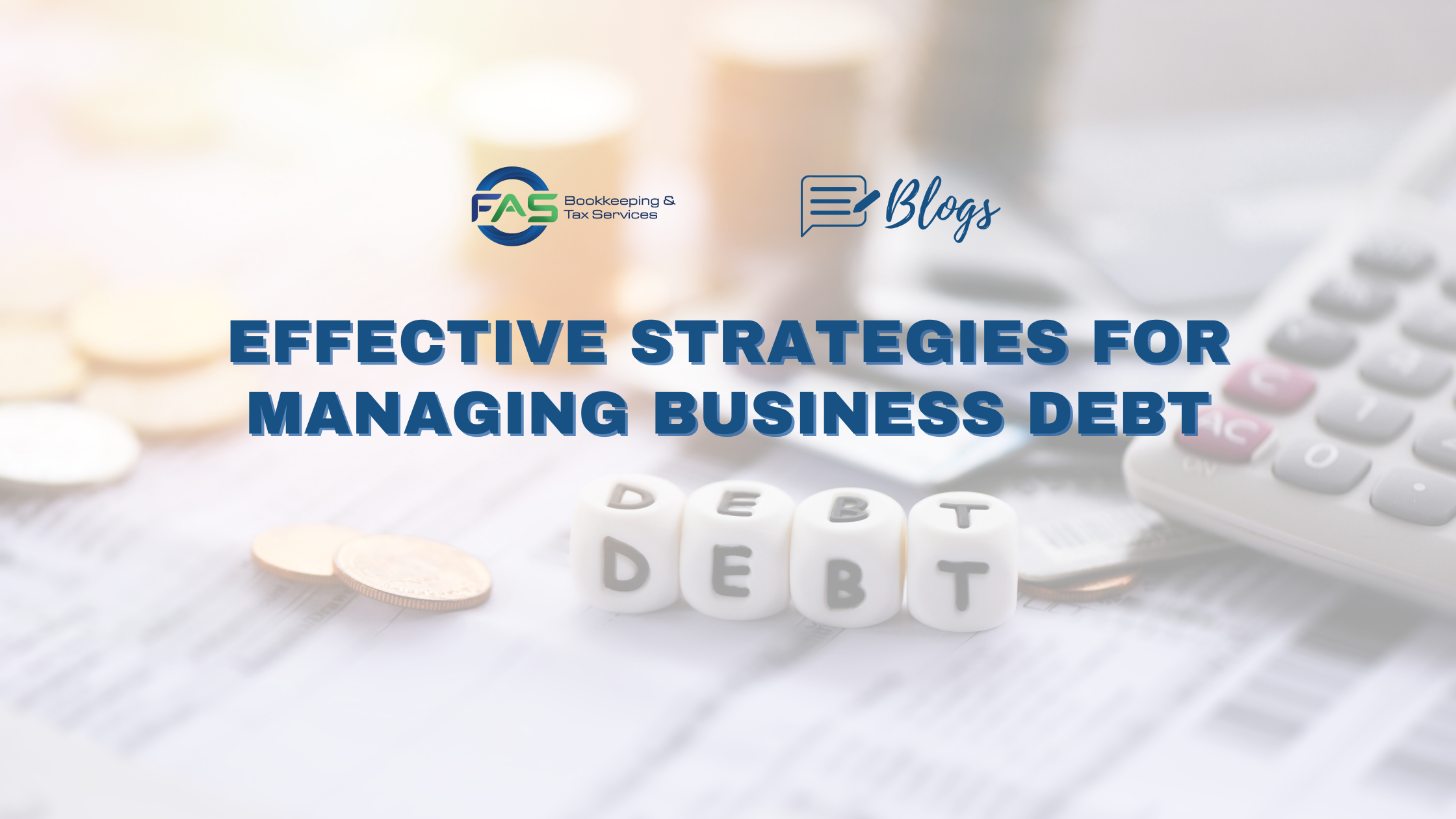Effective Strategies for Managing Business Debt
In the world of business, debt is often a necessary tool for growth and expansion. Whether you’re starting a new venture or scaling an existing one, taking on debt can provide the capital needed to achieve your goals. However, managing business debt effectively is crucial to ensure it doesn’t become a burden that hampers your financial stability. Here are some strategies to help manage business debt successfully:
1. Understand Your Debt
The first step in managing business debt is to have a clear understanding of all the debt your business holds. This includes knowing the terms of each loan, the interest rates, the payment schedules, and the total amount owed. Create a detailed list of all your liabilities, including credit card debt, bank loans, vendor credits, and any other financial obligations. This comprehensive overview will help you prioritize payments and identify areas where you can potentially reduce costs.
2. Prioritize High-Interest Debt
Not all debt is created equal. High-interest debt can quickly become a significant financial burden, especially if payments are missed or delayed. Prioritize paying off debts with the highest interest rates first, as these accrue the most cost over time. By reducing high-interest debt, you can lower the total amount you pay in interest and free up cash flow for other business needs.
3. Consolidate Loans
Loan consolidation can be an effective way to manage multiple debts. By consolidating your loans, you can combine several high-interest loans into a single, lower-interest loan. This can simplify your repayment process, reduce your overall interest rate, and lower your monthly payments. However, it’s essential to carefully consider the terms of the new loan and ensure that it truly offers a better deal than your current situation.
4. Negotiate with Creditors
If you’re struggling to keep up with debt payments, don’t hesitate to reach out to your creditors. Many lenders are willing to negotiate terms, especially if it means avoiding a default. You may be able to negotiate lower interest rates, extended payment terms, or even a reduction in the total amount owed. Be transparent about your financial situation and present a clear plan for how you intend to meet your obligations moving forward.
5. Increase Revenue Streams
While cutting costs is a common approach to managing debt, increasing revenue can be equally effective. Look for opportunities to diversify your income streams or boost sales. This might involve launching new products or services, expanding into new markets, or enhancing your marketing efforts. By increasing your revenue, you can generate additional cash flow to pay down debt more quickly.
6. Implement Cost-Cutting Measures
Review your business expenses and identify areas where you can cut costs. This could include renegotiating contracts with suppliers, reducing overhead expenses, or optimizing operational efficiencies. While cost-cutting should be done carefully to avoid negatively impacting your business, strategic reductions can free up funds to pay down debt.
7. Create a Realistic Budget
A well-structured budget is a critical tool for managing business debt. It allows you to track your income and expenses, allocate funds for debt repayment, and avoid unnecessary spending. Be realistic about your financial projections and include a buffer for unexpected expenses. Regularly review and adjust your budget to stay on track and ensure you’re meeting your financial goals.
8. Seek Professional Advice
If managing business debt feels overwhelming, consider seeking advice from a financial advisor or business consultant. These professionals can provide valuable insights into your financial situation, suggest strategies for debt management, and help you create a sustainable plan for the future. Sometimes, an outside perspective can reveal opportunities for improvement that you may not have considered.
9. Avoid Taking on More Debt
While it may be tempting to take on additional debt to cover existing obligations, this can often lead to a cycle of debt that is difficult to escape. Carefully evaluate the necessity and impact of any new debt. If possible, focus on using existing resources and cash flow to manage your business needs rather than borrowing more.
10. Monitor and Adjust Your Strategy
Managing business debt is an ongoing process that requires regular monitoring and adjustments. Keep a close eye on your financial performance, debt levels, and market conditions. Be prepared to adapt your strategy as needed, whether that means accelerating debt payments during profitable periods or adjusting your budget during lean times.
Effective debt management is essential for maintaining the financial health and stability of your business. By understanding your debt, prioritizing high-interest loans, negotiating with creditors, and implementing a combination of cost-cutting and revenue-boosting strategies, you can take control of your financial future. Remember, the goal is not just to eliminate debt but to manage it in a way that supports your business’s growth and success. With careful planning and disciplined execution, you can navigate the challenges of business debt and build a solid foundation for long-term prosperity.




